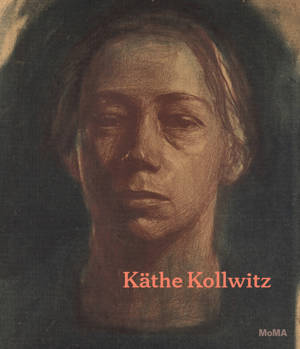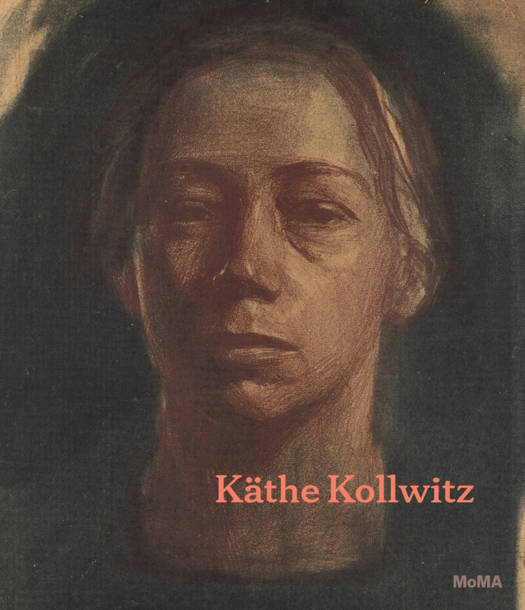
Je cadeautjes zeker op tijd in huis hebben voor de feestdagen? Kom langs in onze winkels en vind het perfecte geschenk!
- Afhalen na 1 uur in een winkel met voorraad
- Gratis thuislevering in België vanaf € 30
- Ruim aanbod met 7 miljoen producten
Je cadeautjes zeker op tijd in huis hebben voor de feestdagen? Kom langs in onze winkels en vind het perfecte geschenk!
- Afhalen na 1 uur in een winkel met voorraad
- Gratis thuislevering in België vanaf € 30
- Ruim aanbod met 7 miljoen producten
Zoeken
Omschrijving
This catalogue accompanies the first major exhibition on Käthe Kollwitz in the U.S. in more than thirty years, and the first presentation at a New York City museum.
In the early decades of the twentieth century, when many artists were experimenting with the language of abstraction and the leading figures were almost exclusively men, Käthe Kollwitz (German, 1867–1945) achieved unlikely renown for her figurative prints focusing on the hardships of women and the working class. Convinced that printed art wa
In the early decades of the twentieth century, when many artists were experimenting with the language of abstraction and the leading figures were almost exclusively men, Käthe Kollwitz (German, 1867–1945) achieved unlikely renown for her figurative prints focusing on the hardships of women and the working class. Convinced that printed art wa
Specificaties
Betrokkenen
- Auteur(s):
- Uitgeverij:
Inhoud
- Aantal bladzijden:
- 256
- Taal:
- Engels
Eigenschappen
- Productcode (EAN):
- 9781633451612
- Verschijningsdatum:
- 26/03/2024
- Uitvoering:
- Hardcover
- Afmetingen:
- 230 mm x 270 mm
- Gewicht:
- 1394 g

Alleen bij Standaard Boekhandel
+ 153 punten op je klantenkaart van Standaard Boekhandel
Beoordelingen
We publiceren alleen reviews die voldoen aan de voorwaarden voor reviews. Bekijk onze voorwaarden voor reviews.









